May and Gove put on show of unity in Commons after row
- Published
Theresa May: "I did not break the [ministerial] code"
Theresa May and Education Secretary Michael Gove have paid tribute to each other in a bid to draw a line under their row over extremism in schools.
Mr Gove said no home secretary had done more to tackle the problem - while Mrs May praised Mr Gove for introducing a dedicated extremism unit.
They were in the Commons to answer questions about their handling of an alleged plot at Birmingham schools.
Labour said they had put "personal ambition" before the national interest.
The two had clashed over ways to tackle extremism after reports of a hard-line Muslim plot in some Birmingham schools.
'Blame game'
That alleged plot was the cause of a row last week between the two about how to tackle the threat of extremism.
After criticism of Mrs May's department by education department sources appeared in The Times on Tuesday evening a letter from Mrs May to Mr Gove appeared on the Home Office website in the early hours of Wednesday.
In the letter she suggested his department had failed to act over alleged plots to take over state schools in Birmingham.
Its publication fuelled the briefing war between the two senior Cabinet ministers, with Mrs May telling MPs she "did not authorise" the release of the letter to Mr Gove.
No 10 was forced to intervene to end the row, prompting the resignation of Mrs May's special adviser Fiona Cunningham at the weekend and an apology from Mr Gove.
In an urgent Commons question, shadow home secretary Yvette Cooper said Mr Gove and Mrs May had indulged in a "public blame game", which had distracted from the government's work on tackling extremism. Instead the issue required a "thoughtful, sensitive approach", with ministers working together closely across Whitehall departments.
"Instead of showing leadership and working together, the education secretary and home secretary chose to let rip at each other in public, making it harder to get the joint sensible working that we need," she said.
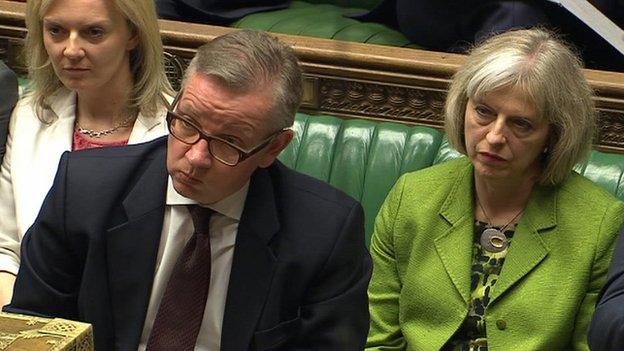
Michael Gove and Theresa May, right, listen to Labour's Tristram Hunt
Ms Cooper asked Mrs May why - if she had not authorised the publication of the letter - it had remained on the Home Office website for three days. "Did you write that letter in order for it to be leaked and did you authorise it's release to the media?" she said.
Mrs May rejected that suggestion and denied she had broken the ministerial code. She said: "I have excluded more foreign hate preachers than any other home secretary."
She added: "It's thanks to this education secretary that the Department of Education has a dedicated extremism unit to try to prevent this sort of thing happening."
Later, Mr Gove insisted: "No government and no home secretary has done more to tackle extremism than this government and this home secretary."
But he acknowledged that his department "may not have acted when it should" in response to warnings of extremism in schools.
'Succession battle?'
He had not been informed of a meeting in 2010 in which a Birmingham headteacher, Tim Boyes, warned that Muslim extremists were trying to take control of schools in the city.
He said he had now instructed Permanent Secretary Chris Wormald, the most senior civil servant in the department, to carry out an investigation into what had happened.
Veteran Labour MP Dennis Skinner accused Mr Gove and Mrs May of positioning themselves for a future Conservative leadership contest.
Earlier, the PM's official spokesman said: "The home secretary did not know about the decision to publish the letter."
Shadow home secretary Yvette Cooper: "Why hasn't Theresa May apologised?"
The spokesman declined to say who was responsible for publishing the letter, but the resignation at the weekend of Mrs May's special adviser, Fiona Cunningham, suggests No 10 believed she released the letter without her boss's approval.
The No 10 comments came after a meeting of the Extremism Taskforce attended by both Mr Gove and Mrs May, which was described as "a good, constructive meeting".
Monday also saw the publication of the Ofsted report into the Birmingham schools.
The Downing Street spokesman said: "In terms of what happened last week, by definition there are things that should not have happened that did happen. As a result, you have seen the action that has been taken.
"The prime minister believes that the right and necessary course of action has been taken, based on the facts that he asked for."
The spokesman added: "Now all the focus is on the issues around risks to children linked to extremism and the like in some parts of the UK."
- Published9 June 2014
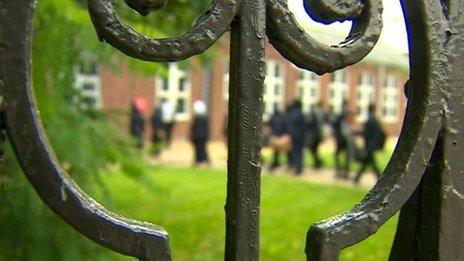
- Published8 June 2014
- Published8 June 2014
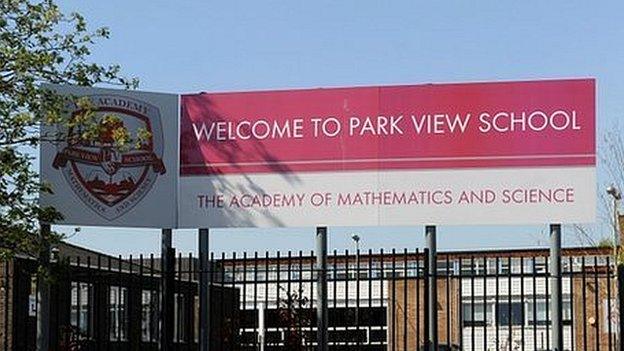
- Published10 June 2014
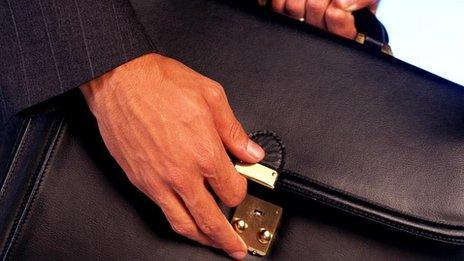
- Published8 June 2014
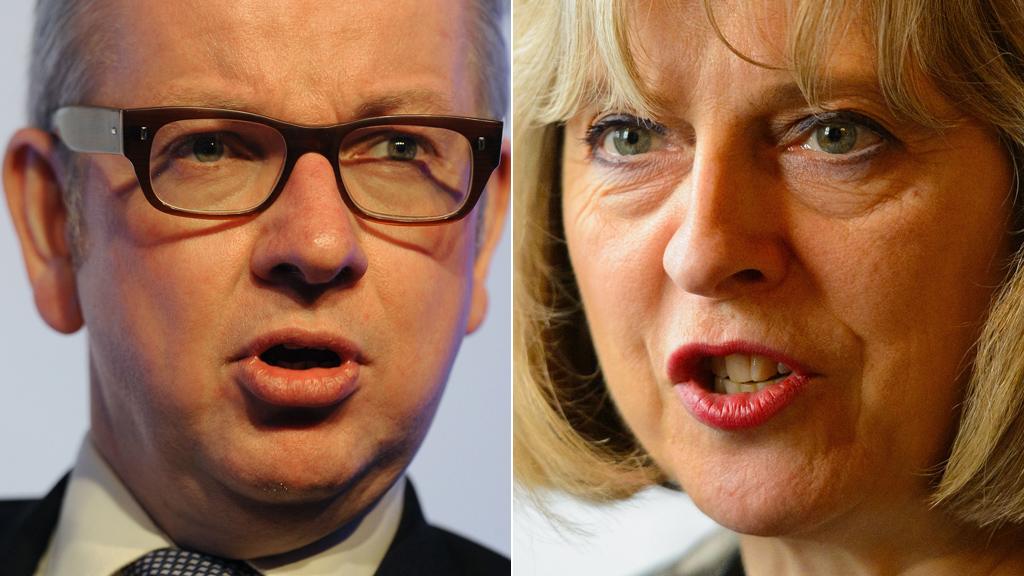
- Published4 June 2014
- Published8 June 2014
